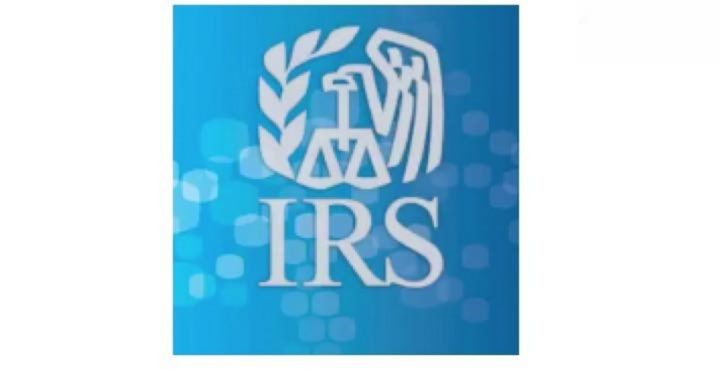
The Internal Revenue Service (IRS) announced recently that it would start enforcing ObamaCare’s individual mandate with the 2018 tax filing season, the first time the agency has done so since the mandate took effect — and a marked contrast to its policy for 2017.
“For the upcoming 2018 filing season, the IRS will not accept electronically filed tax returns where the taxpayer does not address the health coverage requirements of the Affordable Care Act [ACA],” the agency stated in a notice to tax professionals. Paper returns that fail to address those requirements “may be suspended pending the receipt of additional information and any refunds may be delayed,” it added.
The requirements, of course, are that every American either have some type of private or public health insurance or, absent a hardship exemption, pay a penalty. For 2017, the penalty is the higher of 2.5 percent of adjusted gross income or $695 per adult and $347.50 per child in the household.
Indicating one’s health-insurance status on one’s tax return has been mandated since 2014, but the Obama administration, in typical fashion, unilaterally decided not to enforce that provision, instead instructing the IRS to follow up with a letter reminding a remiss taxpayer of his obligation. The agency only recently began sending letters to taxpayers for 2014 and 2015.
President Barack Obama reversed the policy for the 2017 filing season, which conveniently coincided with his departure from office. However, his successor’s executive order directing federal agencies to reduce ObamaCare’s burdens on Americans caused the IRS to continue the policy of processing so-called silent returns for another year.
Now, though, the agency says it’s through giving taxpayers a pass on their legal obligations. Taxpayers must respond to the ObamaCare-related line items on their returns or face delays in their processing. “This process reflects the requirements of the ACA and the IRS’s obligation to administer the health care law,” the agency wrote. “Taxpayers remain obligated to follow the law and pay what they may owe at the point of filing.”
“The [earlier] announcement was interpreted by some as weakening of the mandate but really it just said they weren’t going to step up enforcement,” Gordon Mermin of the Urban-Brookings Tax Policy Center told the Associated Press. “Now it appears they are going to increase compliance.”
The IRS says it made the decision to begin enforcing the mandate after discussions with National Taxpayer Advocate Nina Olson. “In my opinion, rejecting silent returns at the time of filing is the least burdensome approach because the taxpayer would correct the omission immediately,” Olson told Forbes’ Kelly Phillips Erb. “If the IRS accepts a silent return and later corresponds about it with the taxpayer, the taxpayer may be required to spend time and money months later to try to resolve the problem.”
The bad news, then, is that the IRS is demanding that taxpayers indicate their health-insurance status and, if they are uninsured, pay a hefty penalty. The good news is that the only way the IRS can collect the penalty is by subtracting it from the taxpayer’s refund. In addition, there’s very little the agency can do to taxpayers who refuse to state whether or not they are complying with the mandate. “Congress,” Erb pointed out, “didn’t give IRS any real ‘teeth’ for enforcement: no jail time, no liens, no levies. That doesn’t mean they won’t come after you with a big, threatening letter and a virtual shaking of the government’s fist at you. And it doesn’t mean they won’t hold your refund.” But it does mean there’s not much harm the agency can visit on taxpayers who aren’t owed refunds, regardless of their insurance status or their unwillingness to disclose it.
All of this could have been avoided had congressional Republicans — and Democrats, for that matter — upheld their oaths of allegiance to the Constitution by repealing ObamaCare once there was an amenable president in office. As long as it remains on the books, Americans will be vulnerable to its enforcement. Depending on the good graces of the man in the White House — even, as we have seen, when he is explicitly opposed to the law — is hardly a substitute for striking such an unconstitutional and dangerous statute.



